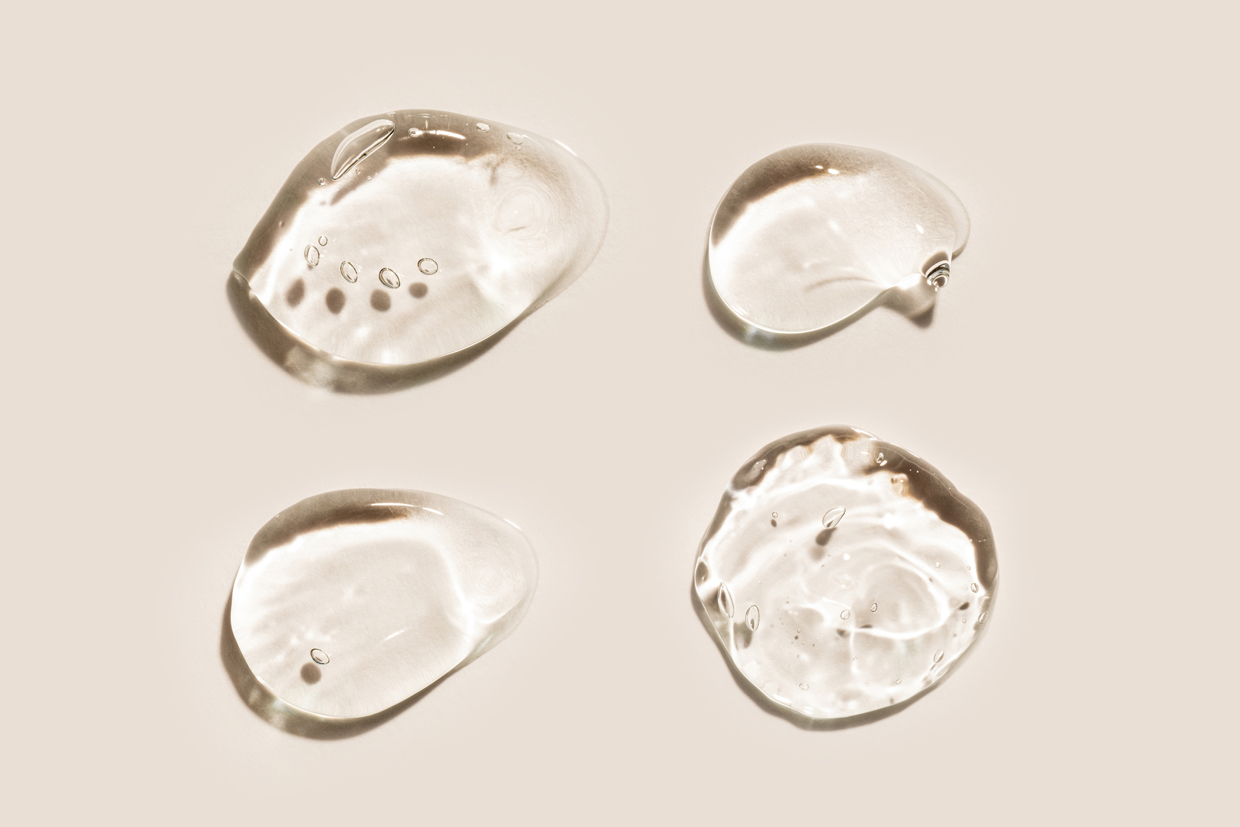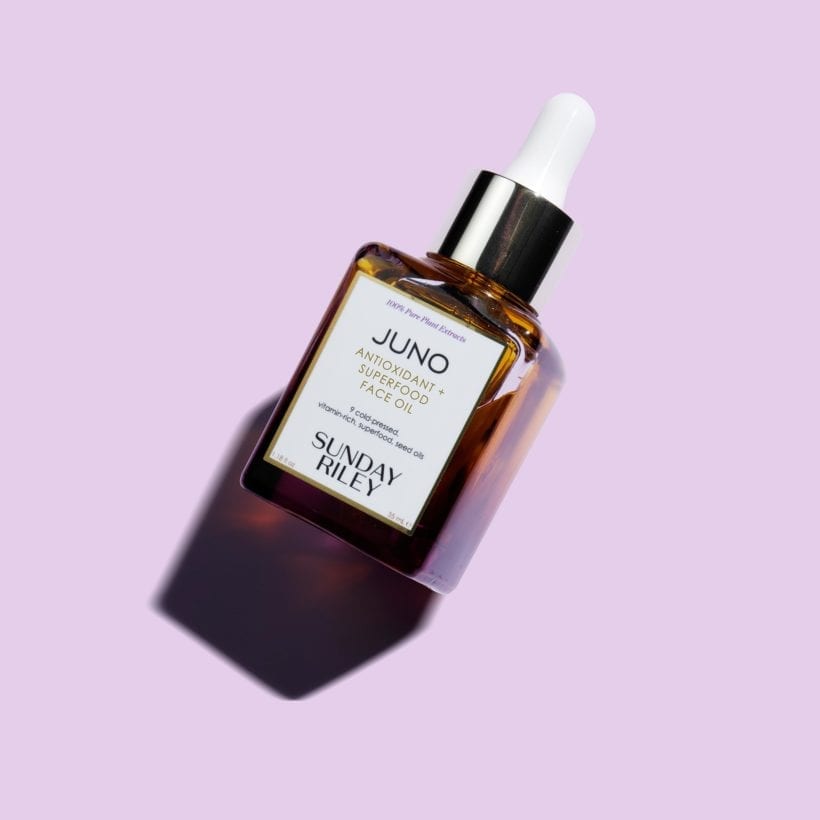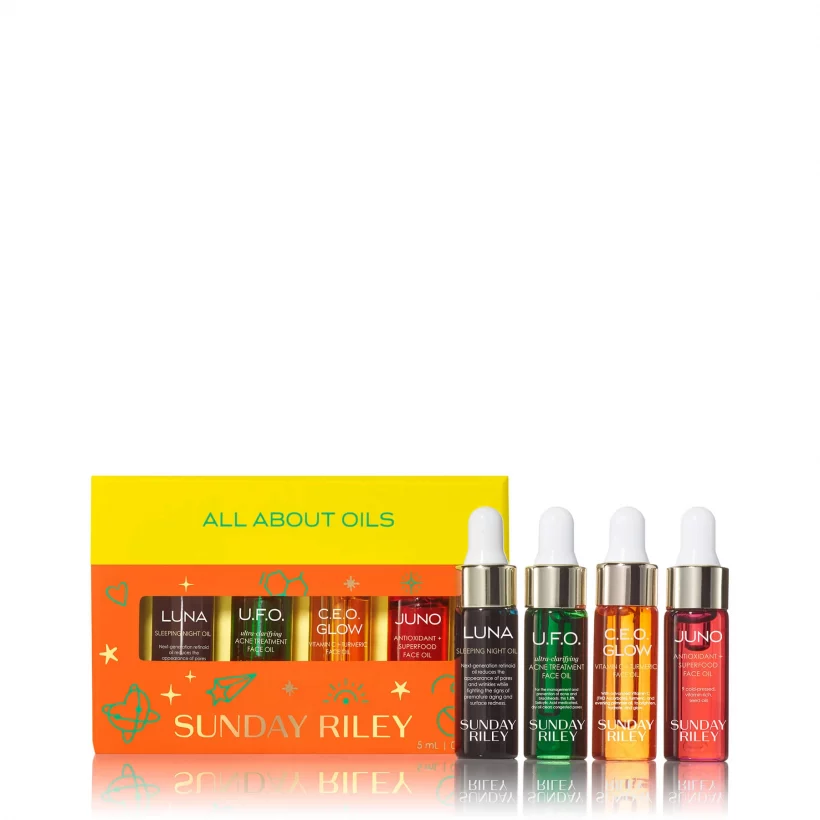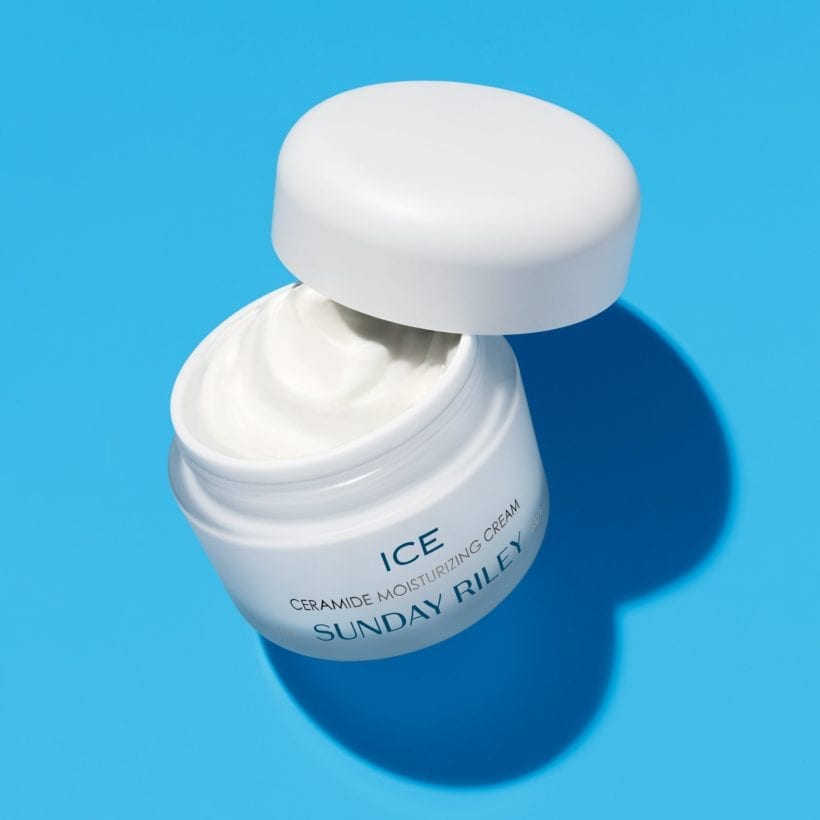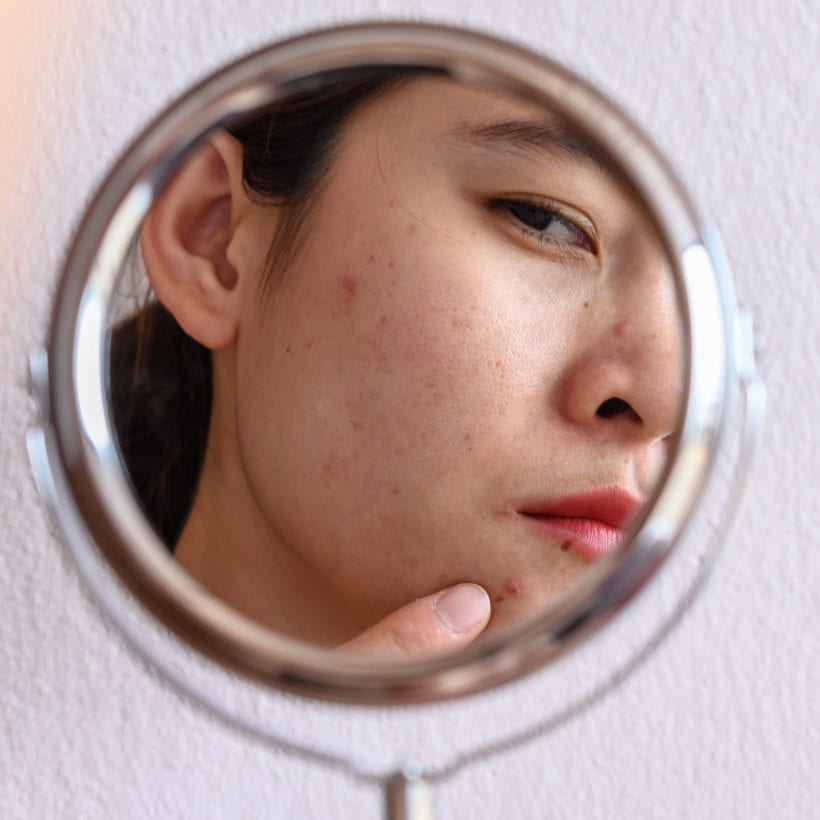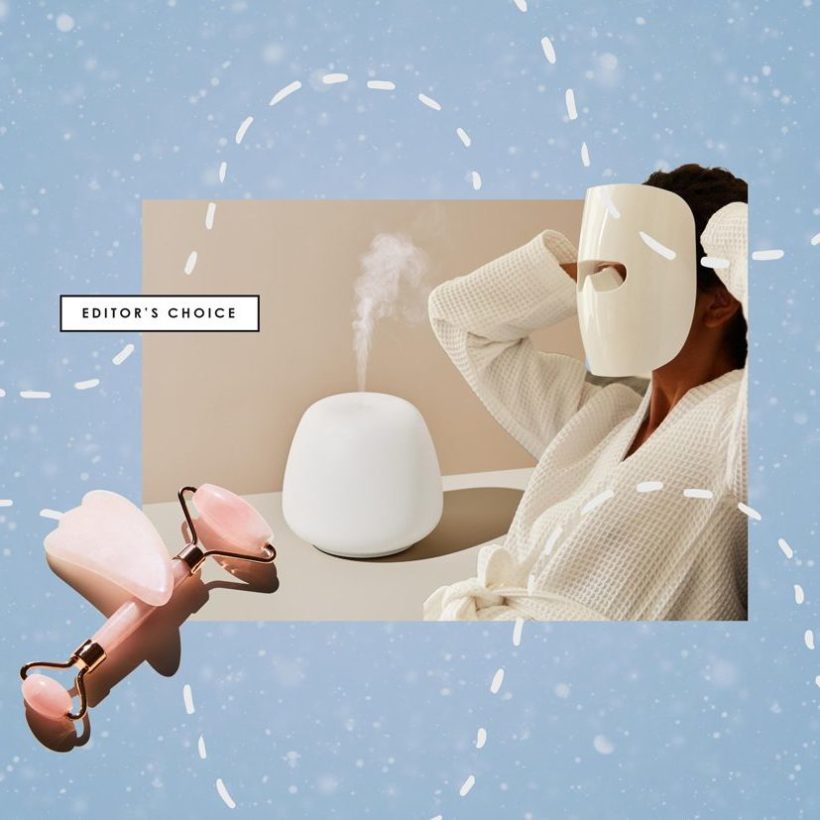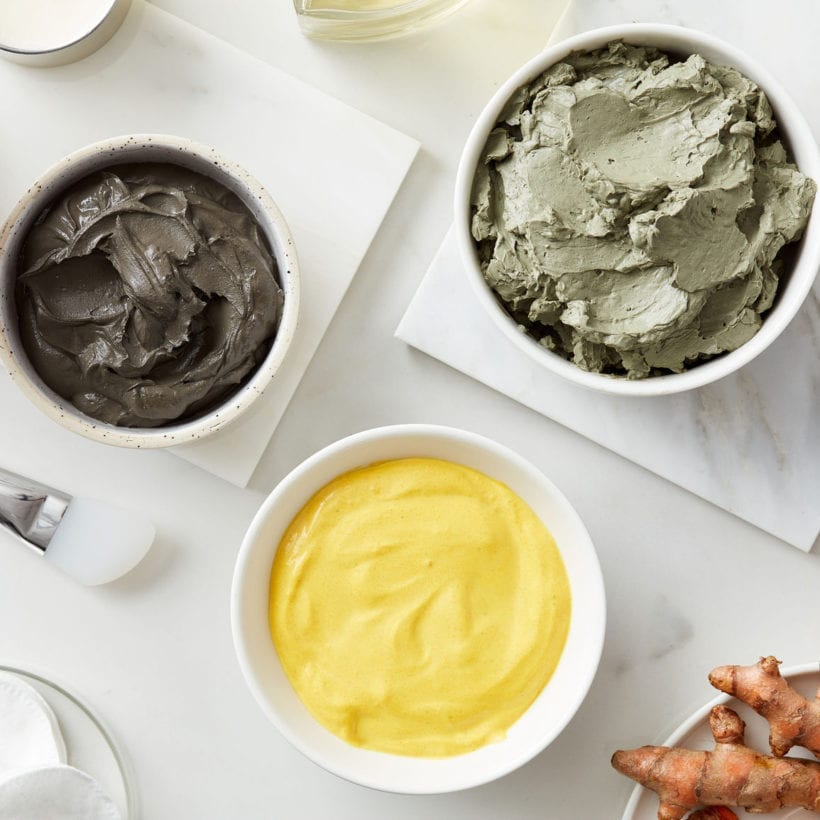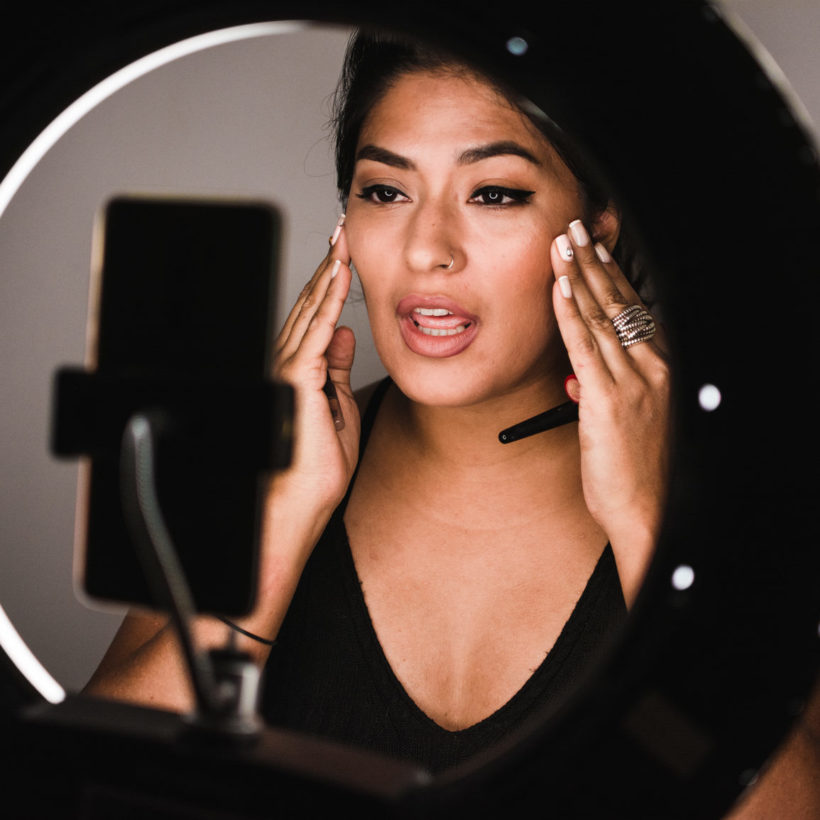As simple and basic as a skincare routine can be, it seems like every other day, there’s a new “it” ingredient, product, or regimen that everyone’s adopting. These skincare trends are often influenced by celebrities and social media, not only because they’re new and exciting but also because they are efficient and yield optimal results. Every so often, dermatologists actually get behind them. In fact, you can now find many products with “dermatologist recommended” on the labels (even tinted moisturizers!), a feature that customers appreciate. Approximately 68 percent of customers say it’s very important that a product “is backed by a doctor,” per a survey by NPD.

“Some of these skincare trends can be fleeting and may not last the test of time, but others do spark an overall improved direction in skincare and skin health,” says Blair Murphy-Rose, M.D., a cosmetic and medical dermatologist in NYC and the Hamptons with Laser & Skin Surgery Center of New York and Clinical Instructor of Dermatology at NY Presbyterian Hospital – Weill Cornell Medical Center. “Those skincare trends or tips and tricks that really work will stay ‘in.’”
Not every skincare trend, however, is worth trying. What’s worse: Some may even do more harm to your skin than help it, warns Deanne Mraz Robinson, M.D., a dermatologist with Modern Dermatology of Connecticut. “Some trends become popular based on misinformation and noise created by influential voices that lack proper training, such as at-home DIY lip filler or micro-needling makeup,” she says. “Those are the trends that, if you pause and think about it, make zero sense and are, in fact, dangerous.”
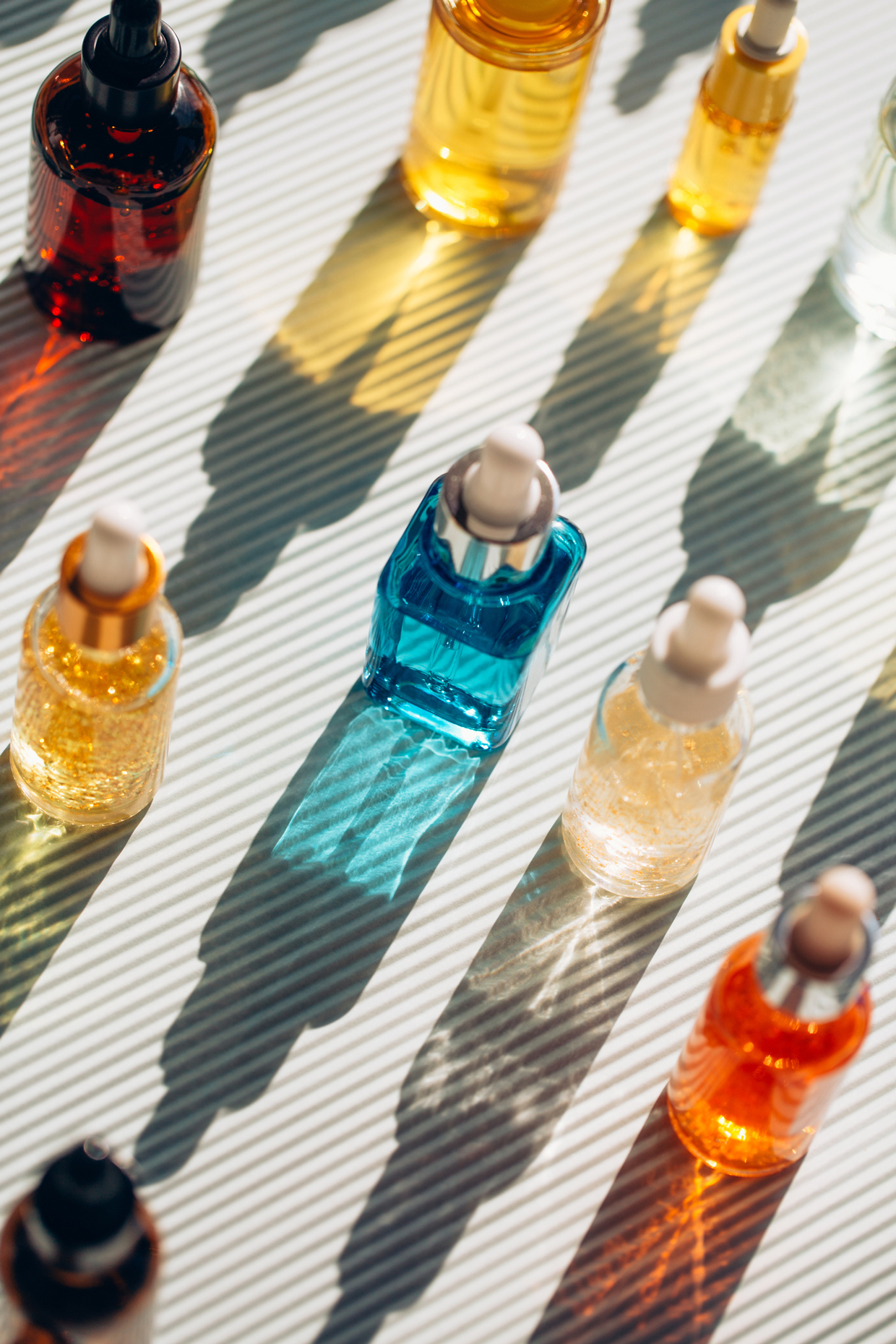
Because your skin is an actual organ in your body — not to mention the largest organ in your body — it’s important that you not fall for trends that could pose harm. Here, dermatologists share the skincare trends of 2022 that are worth the try.
Skinimalism
This concept of embracing a more realistic skincare routine that doesn’t involve ten steps is growing in the industry. Dr. Murphy-Rose has found that her patients are more eager to embrace a skincare regimen if it is easy to follow and efficient. “I like to educate my patients about how, very often, less is more with skincare, and using so many products can actually backfire,” she says. “For example, sometimes patients are using too many exfoliants that can irritate skin or loading on multiple creams and oils that will clog pores.” Bottom line: Simpler is often better.
There’s also a rise in “skintellectuals,” or consumers who have educated themselves on the ingredients and their purported skin benefits. This has further fostered the desire for a more minimalist skincare routine that contains “just the basics.”
Multitasking products
Along the same lines as skinimalism, Marisa Garshick, M.D., a dermatologist at Medical Dermatology & Cosmetic Surgery (MDCS) in New York, is noticing that consumers are seeking out skincare products that do more than one thing. For example, a foundation that also contains a high enough SPF to effectively protect the skin from the sun’s harmful UVA and UVB rays or a hydrating oil that you can use on your face, body, hair, and even your nail cuticles.
“Green” skincare
Consumers are becoming increasingly aware of the ingredients that they are putting on their skin and are more drawn to skincare brands that avoid questionable, hard-to-pronounce chemicals, according to Dr. Murphy-Rose. “I believe this so-called ‘green’ trend in skincare will become standard as health-conscious consumers seek out expert information to make smart choices for ingredients they put on their skin,” she says. “I, myself, am a consumer of products that are conscientious of our overall health and our environment as well, and I like to educate my patients in that regard.”
It’s not just transparency in ingredients but also their ethical aspects and how certain ingredients in a skincare product might affect the environment. According to Mintel, 55 percent of American beauty users are highly concerned about the environmental impact of the brands and products that they use. Think: Every Sunday Riley oil is produced using a Zero Waste Oil Process. All leftover materials from the seed-pressing process are either ground into a seed powder and used for animals or repurposed in agricultural processes for fertilization.
Skin barrier protection
“As we have all experienced the effects of mask-wearing and what it has done to our skin barrier, there is an increased interest and respect for taking care of our skin barrier, recognizing the impact on skin health,” says Dr. Garshick. “This may be as simple as moisturizing the skin, using key ingredients such as ceramides which work to support the skin barrier as well as using products that provide a protective barrier.”
Mature beauty
The concept of anti-aging skincare is hardly anything new. Still, it has seen a major uptick, especially with the rise of TikTok videos dedicated to detailing how to achieve a more youthful look. In fact, there is a 20.5 percent increase in search for “hooded eyes,” a feature often linked to aging. More and more consumers are making the connection between how environmental effects can impact their skin, per data from Business Wire, and are looking to spend money on anti-aging products and skincare treatments at a younger age, from Botox and fillers to facelifts. In fact, of all the facelifts performed in the U.S. in 2019, 34 percent of the patients were under 54.
@isabelle.lux Reverse Aging pt 1 #reverseaging #antiagingskincare #30s #1991 #skincareroutine #facemassage #guasha ♬ original sound – Isa T 🍉
A focus on neck care
The neck was not considered an important part of one’s anti-aging skincare routine for so long. However, it most definitely should be, seeing as the skin on your neck is extremely thin and is prone to premature aging due to environmental factors like the sun, free radicals in the environment, as well as the everyday movements you make that cause lines to crop up. “With the so-called Zoom-boom and people spending more time on Zoom and looking at themselves, there has been increasing concerns related to wrinkles and textural changes involving the lower face and neck,” says Dr. Garshick. “As such, 2022 will see a lot of skincare products and in-office procedures targeting the neck, including tightening, firming, and improving overall fine lines and texture.”
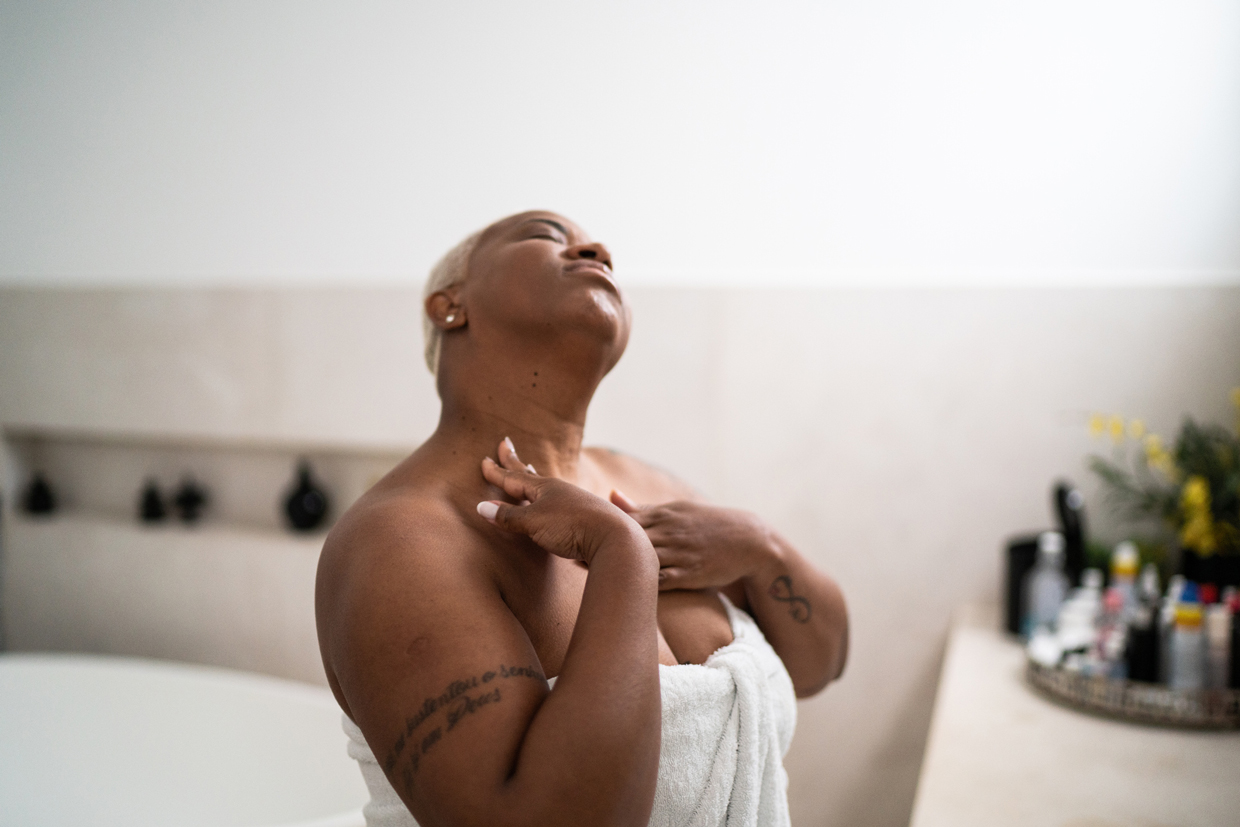
We only recommend products we have independently researched, tested, and loved. If you purchase a product found through our links, Sunday Edit may earn an affiliate commission.
